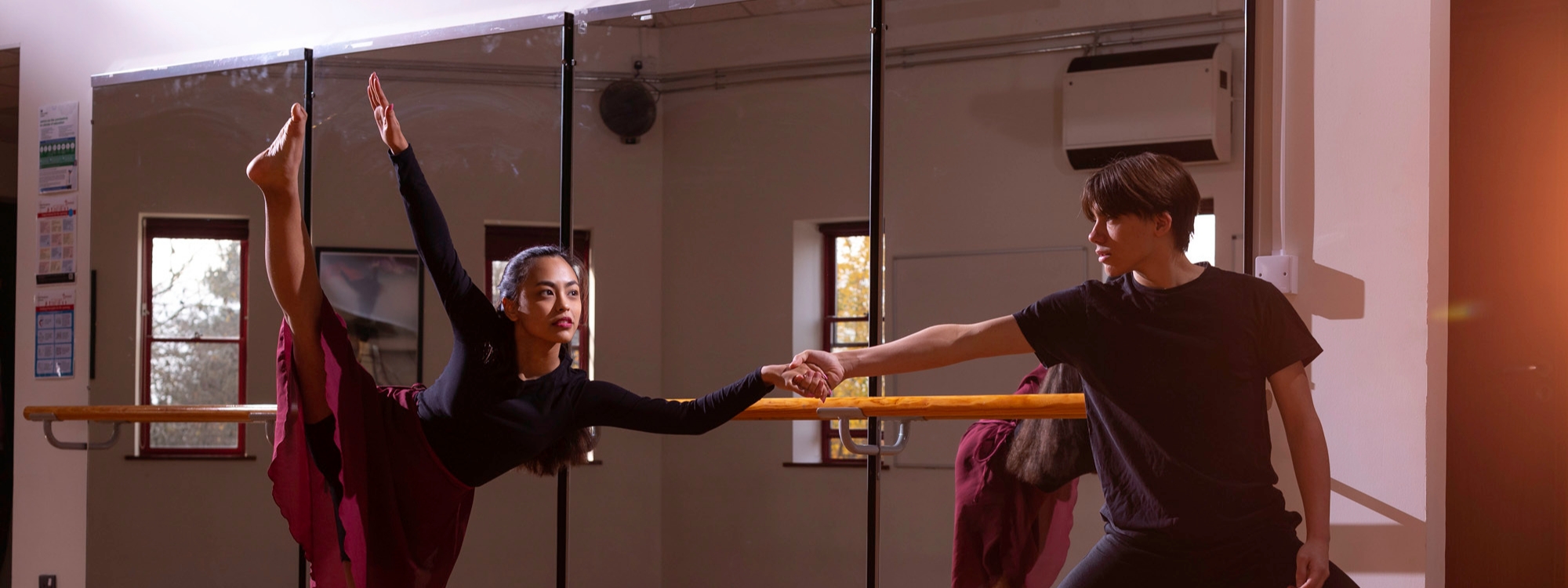- Home
- Our Foundations
- F7: Embedded self-review, reflection
F7: Embedded self-review, reflection
We are reflective and consistently ask ourselves what is working and how we can improve.
- The school has a self-evaluating culture where collective review, books looks, learning walks and lesson observations are used as an opportunity to increase the common wealth of intellectual curiosity, leading to an extension and sharing of knowledge and ensuring consistently high standards.
- The school as an organisation learns its way forward, building in time for collective enquiry, reviewing evidence and continually striving for betterment.
- There is a regular and forensic analysis of performance data, leading to discussions about strategies for improvement, the implementation of effective action plans and the securing of accountability.
- The school practises appreciative enquiry by distinguishing the best of ‘what is’, fostering a dialogue for new knowledge around’ what should be’ and creating a vision for ‘what will be’.
- There is a continuous process of reflection that becomes implicit in the way in which all within the school community talk about their work and learning and which keeps the school aware of its inner life.
- Self-evaluation at all levels is grounded in sophisticated, accurate and open analysis and is used unflinchingly to compare performance against the most stretching of benchmarks.
- The school regularly seeks feedback from and takes full account of the views of students, parents and the community in evaluating its progress. It learns from its mistakes and accepts the challenge of continual improvement.
- The school makes good use of external critical friends, including peer schools, at key points in its journey to provide an open and rigorous reality check.

